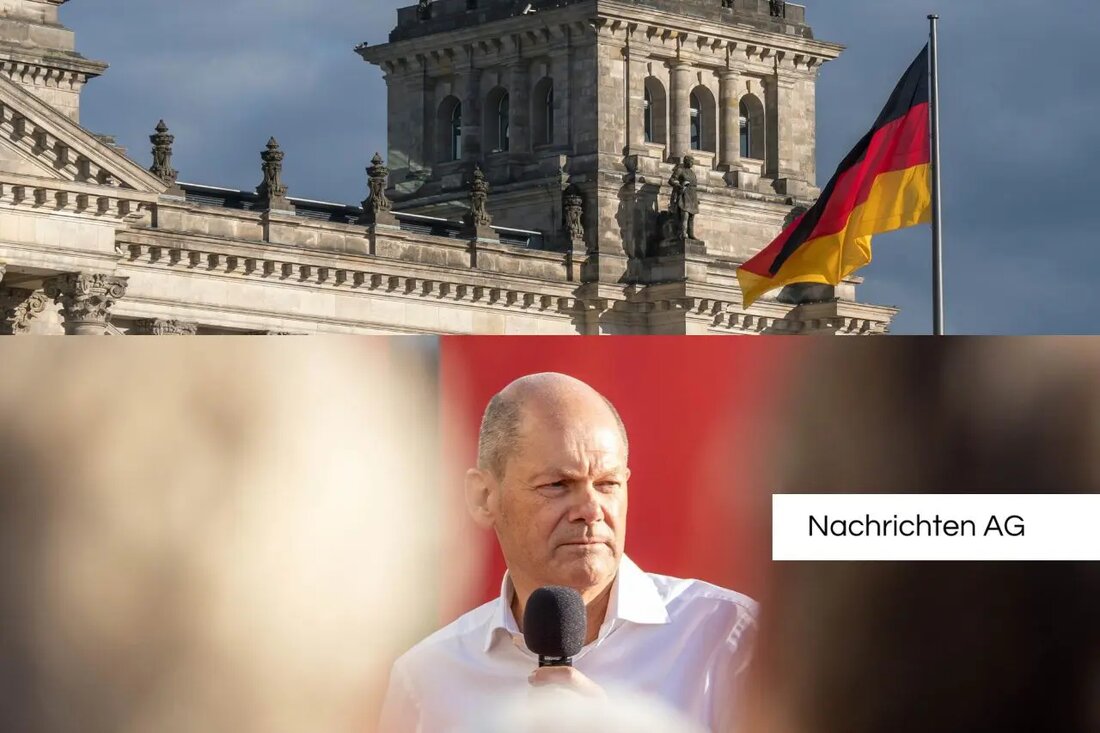Time turn 2024: How the turn of the year shapes our society
Time turn 2024: How the turn of the year shapes our society
On December 31, 2024, the turn of the year will be an occasion for a reason for review and gratitude for many people. The motto "Praise set at this time when Sunday and year turns" (GL 258) is not only understood as the tick of the watch, but also as a meaningful moment of reflection and foresight.
A central term in this context is "turnaround" that Chancellor Olaf Scholz shaped after Russia attacked Ukraine. Scholz said: "February 24, 2022 marks a turnaround in the history of our continent." The Federal Government has committed itself through five orders: support of Ukraine, efforts to dissuade Putin from the war course, prevention of an expansion of war to other European countries, ensuring their own defense ability and a turning point in foreign policy. 100 billion euros were promised for these goals. The turn of the times is understood as the end of a supposedly peaceful era and the beginning of a new time.
theological dimensions and social challenges
In the further context of this turning point, the religious dimension is often discussed. The birth of Christ is viewed as the actual turning point. This raises questions about the importance of the era "after Christ" in an increasingly secular society. The New Testament describes this time as one of salvation and the new relationship with God, while the Ephesian letter addresses the turn of the time as the basis for peace between Judaism and other believers.
Current social debates illustrate the challenges with which the church and society are faced. The discussion about the synodal path in Germany is a reaction to the systemic causes of abuse cases in the church. The world synod poses tasks that go beyond the German topics and also addresses loneliness as a sign of time to which churches have to react. Nationalism is recognized as a new temptation in Europe and there is a call to repentance and new thinking in the church and society. The gratitude for the turning point is highlighted, with a blessing for the transition to the new year after the birth of Christ.
In another context, the New Year's address by Chancellor Olaf Scholz is considered inadequate to solve the country's problems. The turn of the year does not symbolize fundamental changes, the challenges are still complex. The world has changed since Corona pandemic, and the perspective on conflicts in the Middle East has changed after October 7th. Old solutions would no longer be sufficient, which leads to general exhaustion and irritability in society. Christmas is regarded as a historical turnaround that should bring peace and change, but religion is often perceived as conservative and not as a driving force for change. The irritations of the current turning point remained, so that new perspectives and paths are necessary that also offer hope for positive changes.
For further insights into these topics and the discussions about the turning point, we refer to the reporting of and fr.de .
| Details | |
|---|---|
| Quellen | |


Kommentare (0)